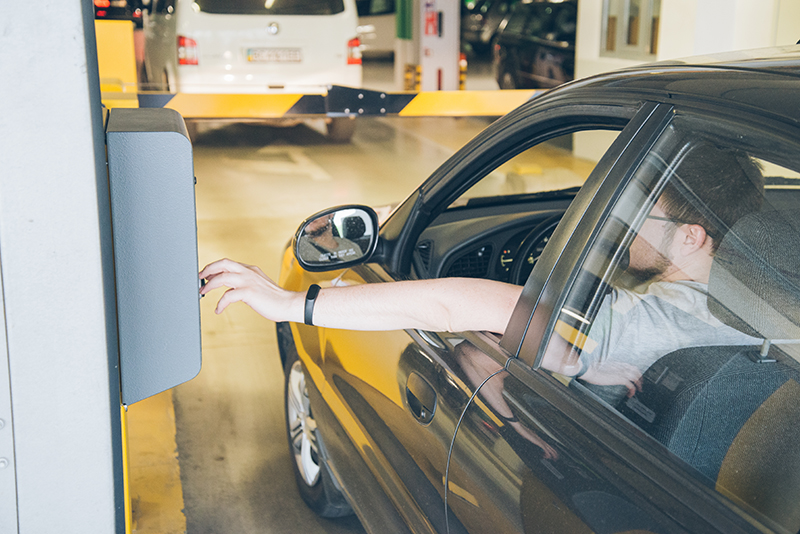Can I deduct parking for work?
May, 03 2021 by Megan Peña
When it comes to claiming parking fees, several laws have changed in the past few years that may make this a non-deductible expense. Prior to 2018, employees were able to deduct parking fees in connection with the business use of their vehicle – meaning, if your job required you to use your personal vehicle during your workday, you were likely allowed to claim this deduction on your taxes. Prior to 2018, parking fees were deductible as a miscellaneous itemized deduction subject to 2% of your Adjusted Gross Income, but only if your employer did not already reimburse you for these fees. However, the Tax Cuts and Jobs Act of 2017 changed the rules for deducting expenses incurred as an employee for the years 2018 through 2025. Unless you are an Armed Forces reservist, a fee-based state or local government official, or a qualified performing artist, you can no longer claim work-related parking fees, at least not until 2026. If your employer requires you to use your personal vehicle on the job and your parking expenses are adding up, it might be a good time to talk with them about a reimbursement plan.
Keep in mind that while you are no longer able to deduct employee business expenses on your federal tax return, some states still allow a deduction if you meet all the requirements. Not all states fully conform to federal tax law, so it is always a good idea to check with your state before filing to ensure you are maximizing your deductions!
But all is not lost; these new rules do not apply to self-employed taxpayers. As a self-employed taxpayer, you can deduct your business-related parking fees as an expense on Schedule C, Profit and Loss from Business. However, it is important to remember the difference between business-related parking fees and what is considered a commuting expense. If you drive to your office building or your place of work and pay to park your car, this is considered a commuting expense and would not be deductible on your tax return. But if you leave your office building to meet a client or go to a new job site and are required to pay for parking, you will be able to deduct this as an expense. Furthermore, you are also in luck if you are traveling away from home on business. The same business-related parking you deducted in town can be deducted while you are away on business.
Remember, regardless of whether your employer reimburses your parking expenses, or you own your own business and incur parking fees, you will want to keep contemporaneous records of all expenses. This includes copies of the parking receipts and keeping a written log of the date you paid for the parking, the destination, and the business purpose for incurring the parking fee. You will likely need to submit copies of these expenses to your employer. And if an audit happens, you will want to be prepared as the IRS will require copies of the pay receipts and your mileage log.




